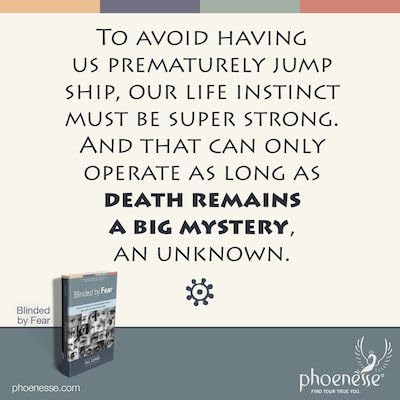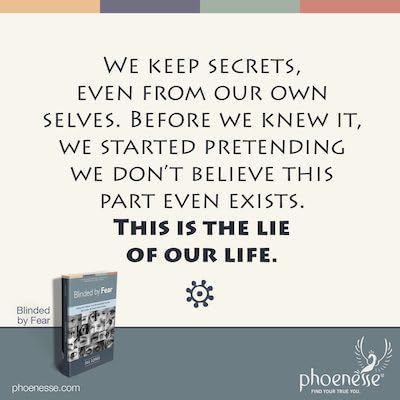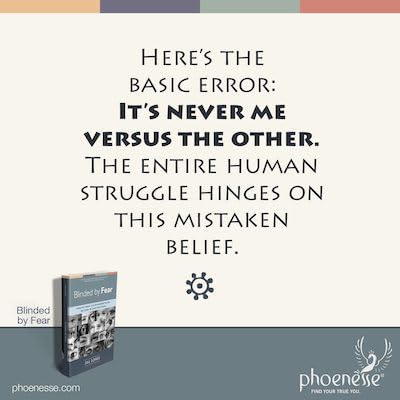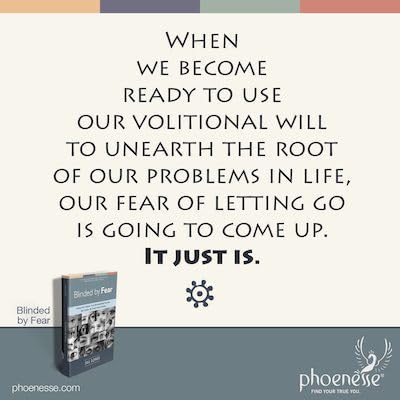As we’ve probably heard by now, love is the greatest power there is. Every spiritual teaching or philosophy, along with every religious scholar and psychology professor, proclaims this truth: Love is the one and only power. If you’ve got it, you are mighty, strong and safe. Without it, you are separate, scared and poor. Sounds simple enough. Yet this knowledge doesn’t really help us unless we’ve discovered where—deep down inside—we can’t love or won’t love. Why is it that we resist loving? Why do we have fear of loving? Unless we sort out the answer to this question, no eternal truth about love can possibly help us.
If we’ve already made some progress on our search for inner knowing, we’ve probably already run headlong—after considerable digging and exploring—into our fear of loving. Becoming aware of such a fear is quintessential for taking further steps. It’s not enough to have a theoretical understanding that such a fear of loving exists; we have to actually experience this fear. For people who don’t yet wish to know themselves, such an awareness will not yet exist.
But even for those of us who have become aware of this inner conflict, we may not yet fully comprehend the why of it. Why am I so afraid of loving? Let’s explore some of the facets of this perplexing phenomenon, a topic we’ll return to in future teachings when we illuminate this very basic problem from other angles.
Let’s start with this: Those who cannot love are immature. And when we are immature, we are not living in reality. To live a life based on unreality, then, must lead to conflict and unhappiness, for where there is untruth there is ignorance and darkness.
Maturity, as such, means essentially having the ability to love.
Alas, we all hold fragmented aspects within ourselves that are trapped in childhood states. And these child parts require an unlimited amount of love. For these child fragments are one-sided, unreasonable, demanding, and lacking in understanding, as all immature creatures are. Its laundry list of impossible wants includes: to be loved by everyone, to be loved 100%, to be instantly satisfied, and to be loved in spite of our selfish, unreasonable ways. This, in a nutshell, is why we are afraid of loving.
Listen and learn more.
Read: Fully Facing our Fear of Loving
 Jul 1 202331 mins
Jul 1 202331 mins Jul 2 202341 mins
Jul 2 202341 mins 22 mins
22 mins 34 mins
34 mins 28 mins
28 mins 28 mins
28 mins 32 mins
32 mins 41 mins
41 mins
